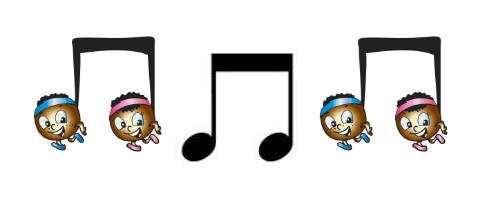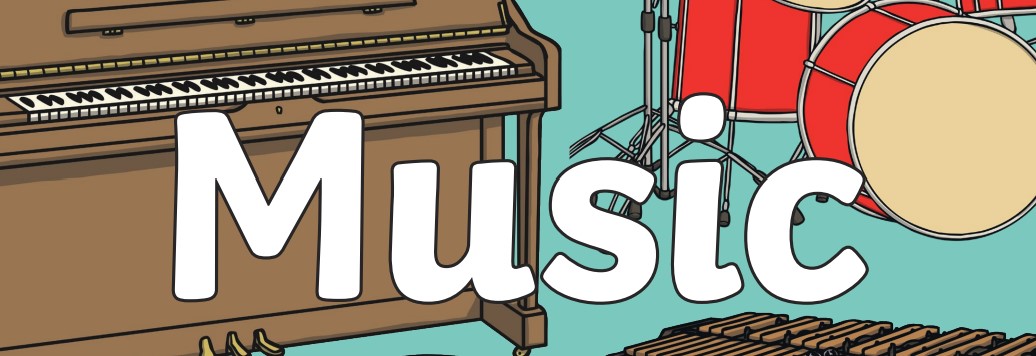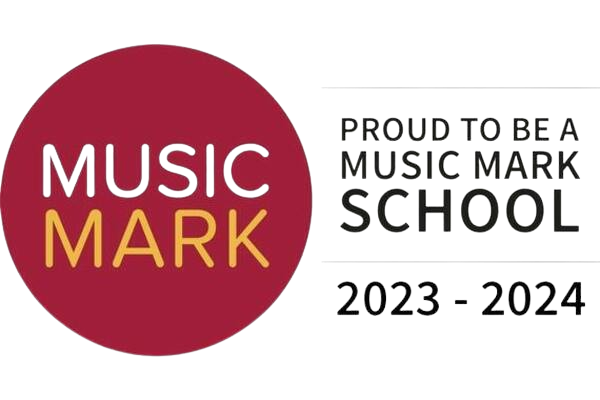At Frinton on Sea Primary School, music is an important part of school life. Music lessons are taught by a specialist music teacher, with every child receiving at least 30 minutes of music teaching per week. Alongside these lessons, pupils also take part in regular singing assemblies, have the opportunity to perform in a choir and to learn to play musical instruments.
As children progress through the curriculum they learn to appreciate and understand music, moving to the beat and finding the pulse with confidence.
The music curriculum covers the following key skills:
- Active listening (listening with purpose)
- Singing and vocal work
- Composition and improvisation
- Reading musical notation
- Playing musical instruments
- Performance skills
At Frinton on Sea Primary, music is taught using the Stave House method which is endorsed by London College of Music. This multi-sensory approach considers the needs of all learners and is a fun and engaging way for children to learn the foundations of music. Children are taught to read musical notations from reception and continue to build on these skills as they progress through the school.
By the time children complete a year in reception they will have explored pitch and rhythm notation, played a variety of instruments and taken part in singing activities.
At the end of KS1, children will be able to follow rhythmic notation, play percussion instruments, sing with good posture and compose their own simple melodies and rhythms. Through active listening activities they will begin to recognise and understand elements of music such as pitch, dynamics and tempo.
At the end of KS2, children will have listened to wide range of music from a variety of genres, artists and countries of origin including work of great composers in history. Children will have learned to read simple musical notation and apply these skills to playing tuned percussion instruments as well as African djembe drums, descant recorder and the ukulele. Pupils will have composed music with a variety of purposes and used music technology to explore digital sound.
At Frinton on Sea Primary School, we intend that children will develop a lifelong interest in music as well as the skills needed to be successful in their musical learning at secondary school.
Music Development Plan
On the 15th May 2024, the Department of Education (DfE) published new guidance on music development plans for schools in England. The DfE has said that, 'all schools should have a music development plan, as set out in the national plan for music education.' Please see a copy of our school music development plan below:
music development plan 202526 frinton.pdf




